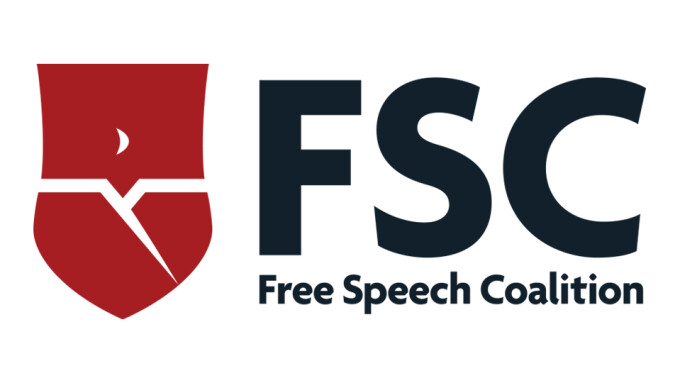LOS ANGELES — Free Speech Coalition (FSC) Executive Director Alison Boden delivered the keynote presentation at a recent meeting on age verification hosted by U.K. communications regulator Ofcom.
The first-of-its kind event was convened to engage industry stakeholders in a discussion of Ofcom’s implementation of the Online Safety Act (OSA), including the law's age assurance and illegal content requirements for adult content platforms.
The requirements are expected to take effect in the first quarter of 2025.
Boden’s keynote focused on the state-level age verification mandates being passed in the U.S., stressing the many reasons that they should not serve as a model for legislation in other states or countries.
“Setting aside the unconstitutionality of the US laws, Boden highlighted the bizarre ways content is defined, patchwork of age verification mechanisms prescribed, and disproportionate enforcement methods authorized by the 19 state age verification statutes in the US,” FSC explained through a statement.
Boden also outlined the barriers making it a challenge for companies to comply with these laws, including “the enormous cost of implementing age verification services and the near-total refusal of consumers to age-verify to access adult content,” the statement added.
The FSC director offered four suggestions for regulators: make compliance requirements extremely clear and realistic for websites, make efforts to improve consumer trust in age assurance, take action to limit any competitive advantage of noncompliance, and reduce the financial burden on businesses.
“If regulators want to keep minors from accessing age-inappropriate material, it’s essential that our industry be at the table,” Boden said. “Regulations that are unevenly applied, that discourage compliance and are rejected by consumers, will inevitably fail. I’m thankful to Ofcom for inviting me, and to those in our industry who joined me to help educate the regulators.”
The FSC statement added that the group is pleased that, unlike most policymakers, Ofcom is making "a concerted effort" to engage with and understand the concerns of the adult industry.
“We hope that this will result in a workable policy for adult content websites and encourage all FSC members to reach out to Ofcom with feedback on how the requirements will affect their businesses,” the statement noted.
Defining 'Pornographic Content' Still Vexing
In March, FSC submitted a detailed critique of the age assurance guidance proposed by Ofcom under the OSA. That guidance requires sites to ensure that children cannot “normally encounter” pornographic content, by implementing some form of age assurance technology.
At the event, the FSC statement reports, attendees worked in small groups to provide feedback on Ofcom’s definition of “pornographic” content, which is vaguely defined in the OSA as “content of such a nature that it is reasonable to assume that it was produced solely or principally for the purpose of sexual arousal.”
“Ofcom’s attempt to clarify what content is and is not ‘pornographic’ seemed complicated and vastly over-inclusive to many of the attendees, who encouraged the regulator to narrow and simplify their definition,” the FSC reported.
In her closing remarks, Ofcom's online safety supervision director announced that the agency will launch an awareness campaign in the fall to inform the industry about adult companies' obligations under the OSA.
Stakeholders are encouraged to visit Ofcom.org.uk for more information on that initiative.







